Call Now for Your Appointment Today!
Proudly Serving: Montgomery, Bucks, Lehigh, Northampton, Chester, Berks, Carbon and Monroe Counties
What to Know About the Well Drilling Process
Well drilling laws and regulations vary greatly depending on what state you're drilling in and what type of well you're drilling. Most wells are dug by professionals who are well-versed in the regulations that apply to specific jobs at certain locations.
Just about every aspect of a well drilling project is governed by regulations. Even before the drilling starts, you need to have the proper permits. In most cases, only professionals are allowed to drill wells because of the impact they have on the environment. Companies and individuals must be either certified, licensed, or registered for the type of well drilling being done.
Regulations for well drilling include just about every aspect of the project. This includes what well casing materials, well caps, and other materials are used. The methods used for grouting and casing are also highly regulated. Even shutting down, or abandoning, a well has a specific process with certain regulations. Here is a deeper dive into how this job is performed.
Know What to Expect During the Well Drilling Project
Long before the well drilling project starts, the site preparation has to begin. This includes the evaluation of the location and the soil quality. It's necessary to prevent contamination of the surrounding groundwater. These regulations also help to ensure that the well drilling process is handled in a safe manner.
Well drilling is a very involved process. According to the Groundwater Foundation, the average well depth is 250 feet. This means that these wells have a profound impact on water supply safety. The applicable regulations also work to minimize public health concerns, including groundwater protection.
Which Professionals Handle Well Drilling Projects?
A standard well drilling project requires multiple professionals. These include drillers, plumbers, and electricians. Environmental quality professionals are usually necessary, especially during the site evaluation and quality control after the well is drilled.
Because of the complexities of these jobs, you should work with a professional to get them done. A professional can ensure compliance with local, state, and federal laws so that your well is within the applicable codes. In some areas, drilling your own well, even if it's for personal use, means that it isn't within compliance with applicable codes, laws, and regulations because most property owners aren't certified, registered, or licensed to drill wells. If you're seeking a trusted drilling and water systems services company, turn to Mayer's Well Drilling.
MAIN OFFICE
CONTACT US
Pennsburg: (215) 679-7817
Northampton: (610) 262-6300
Buckingham: (215) 794-3099
Collegeville: (610) 489-1802
Toll-Free: 1 (800) 524-4829
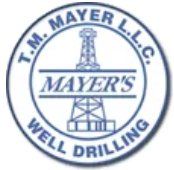
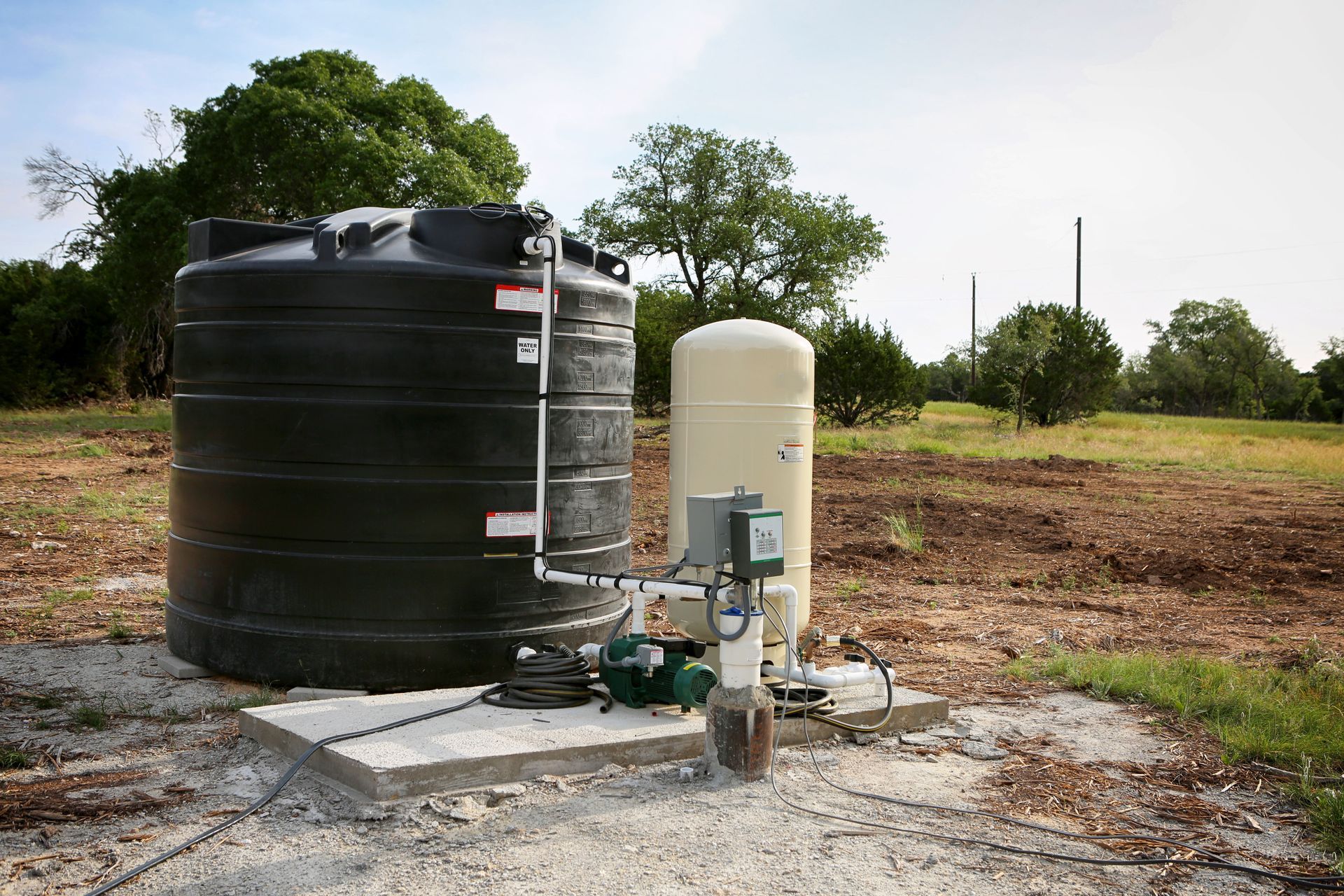
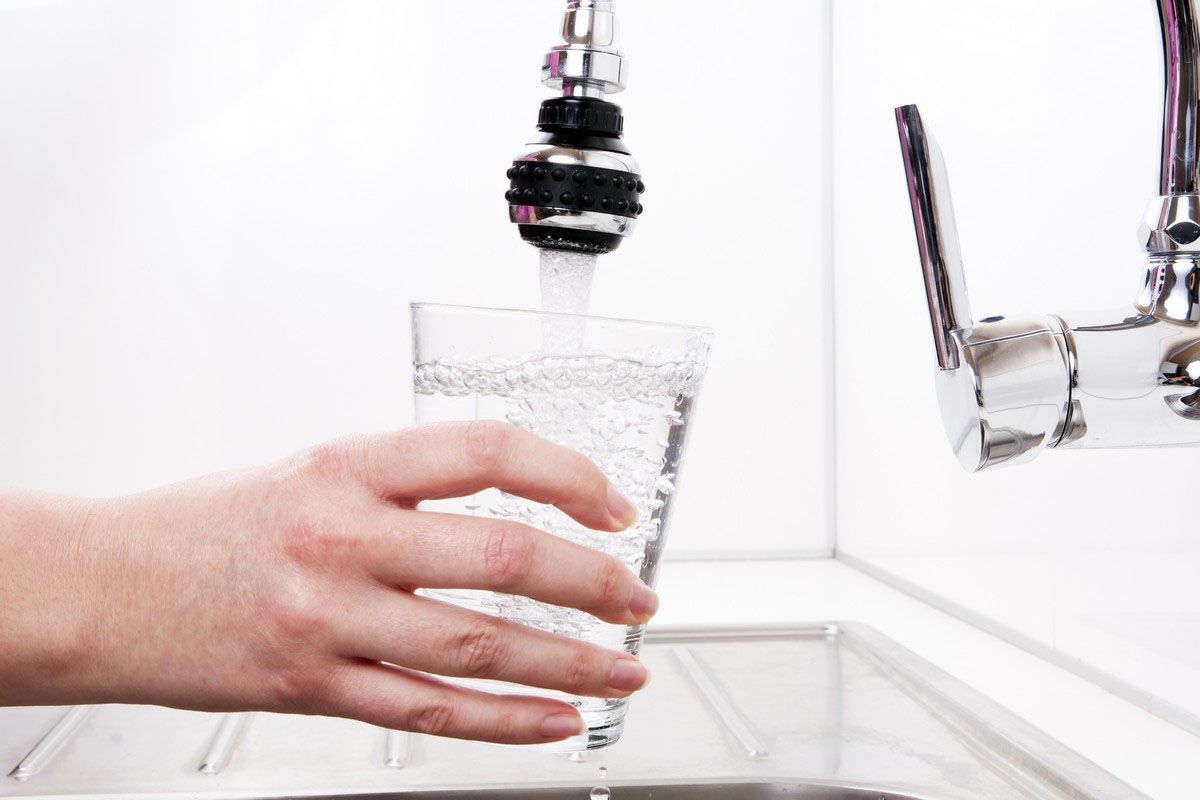
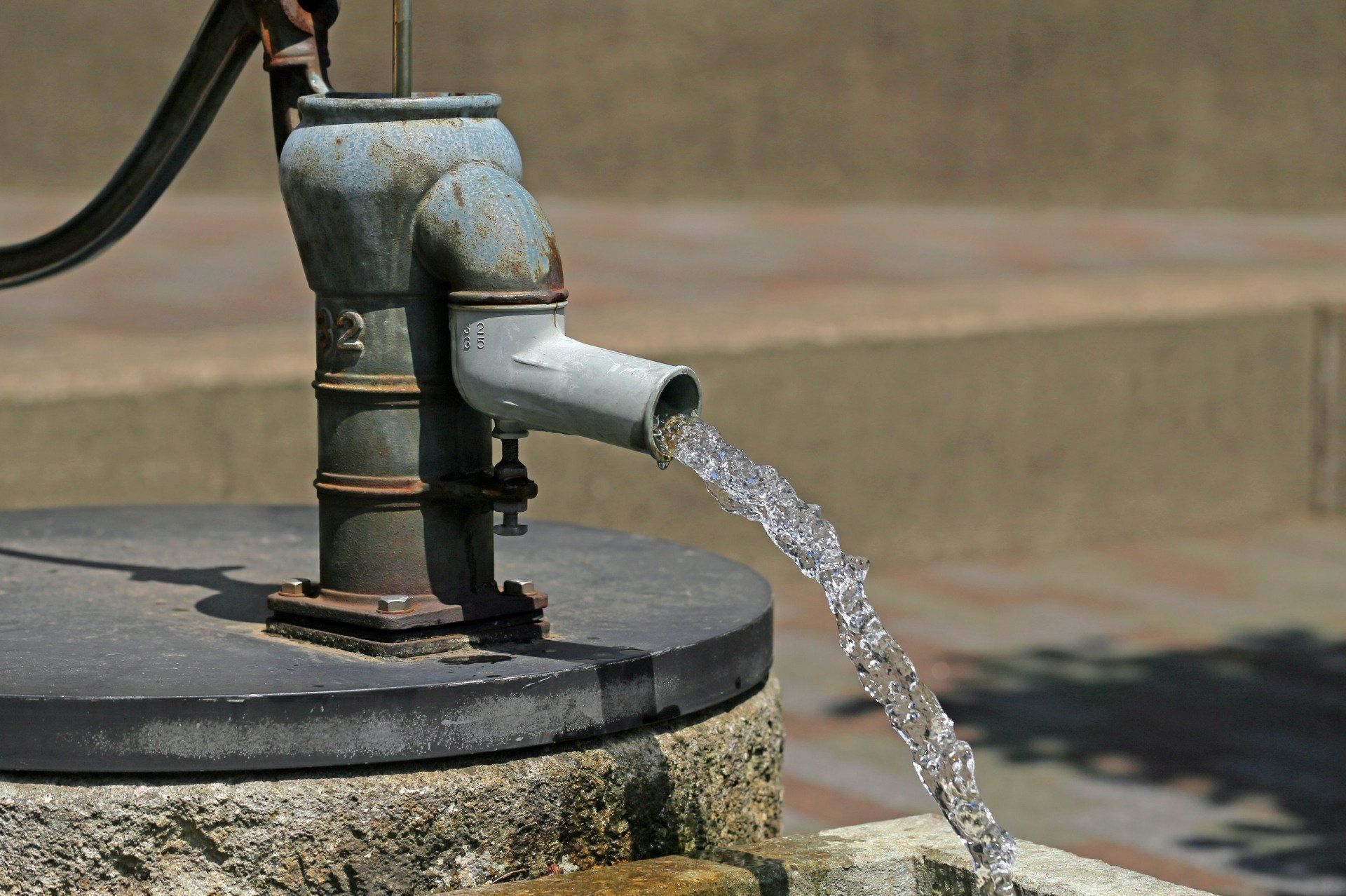
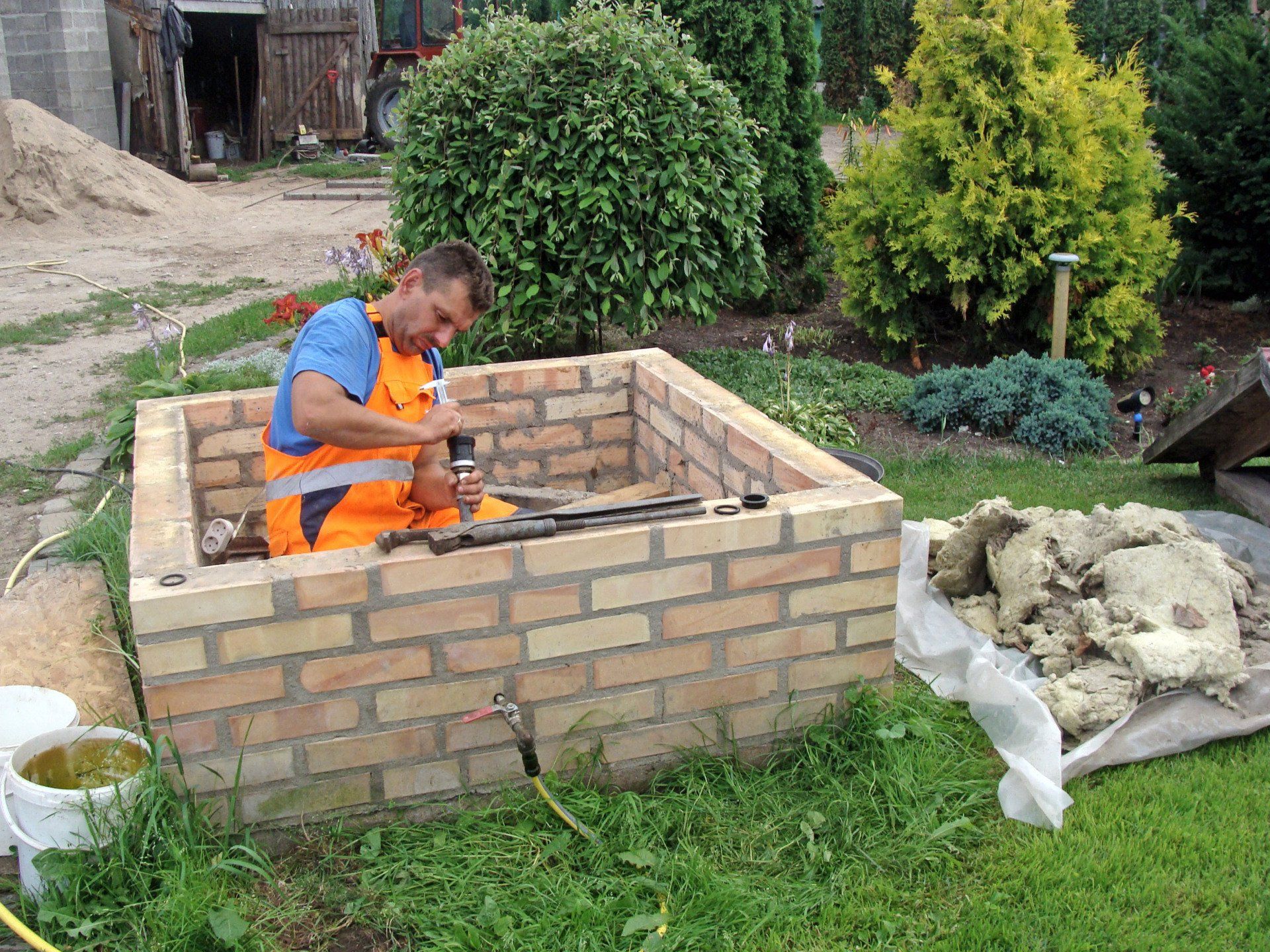
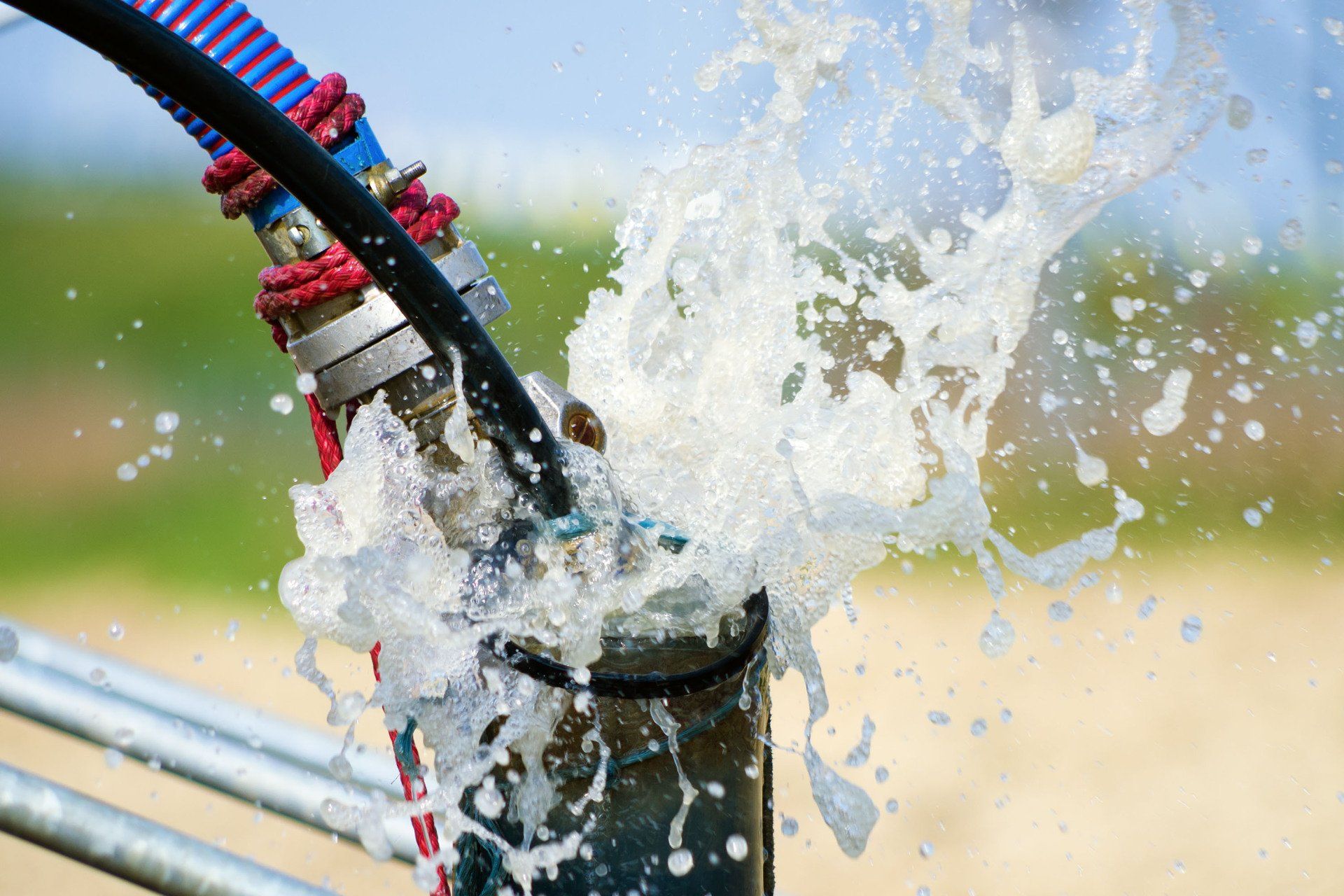






Share On: